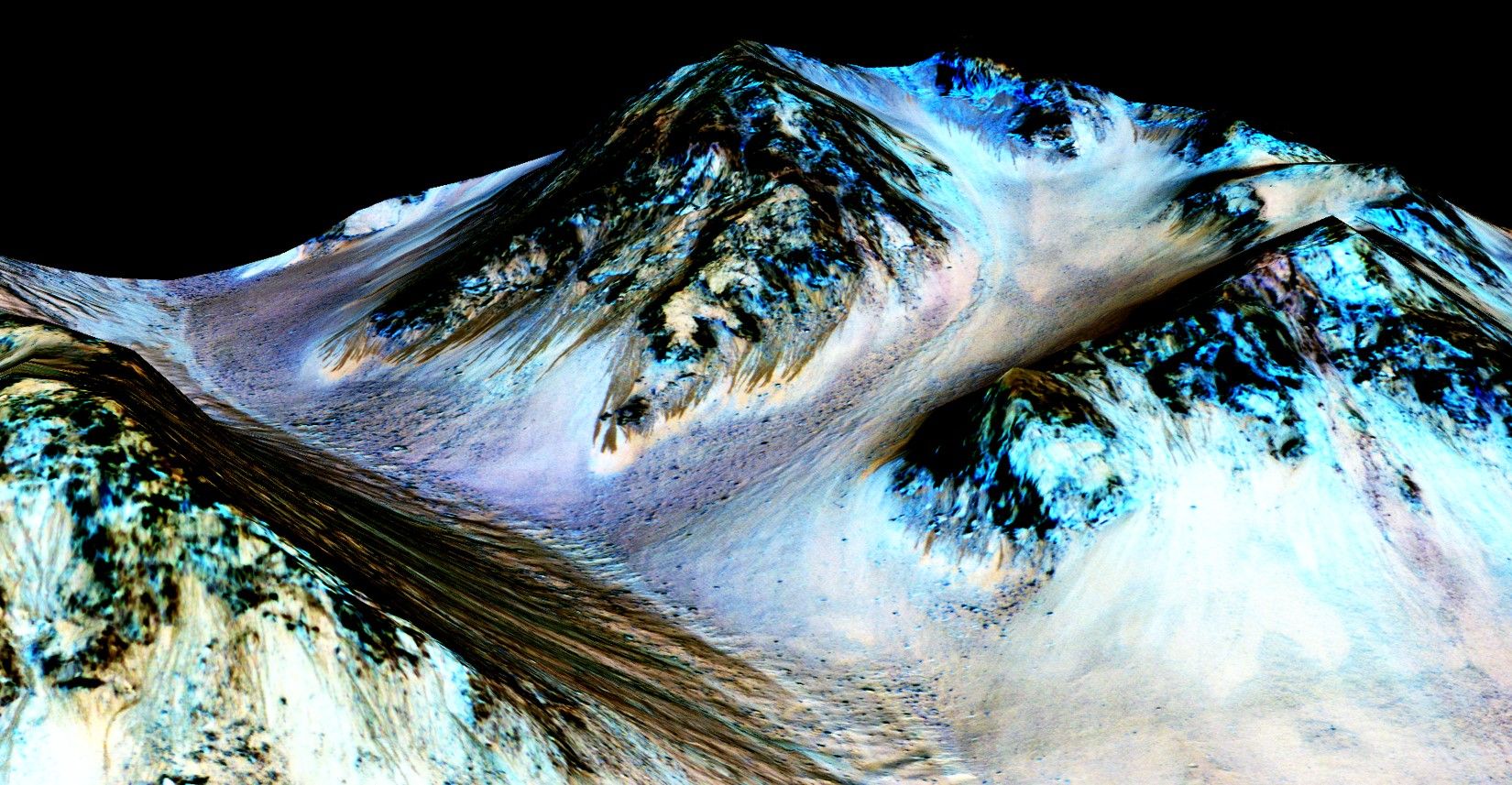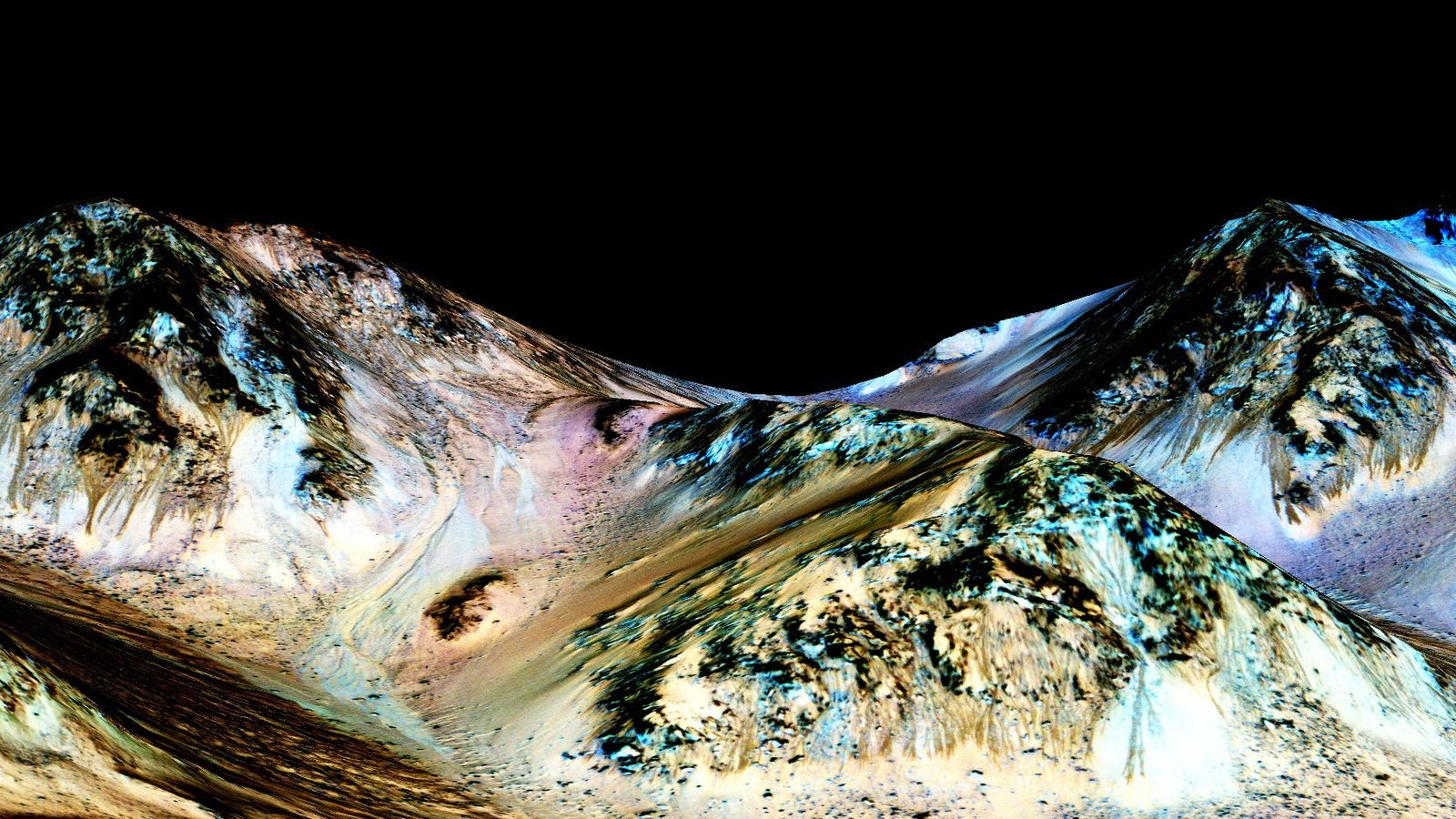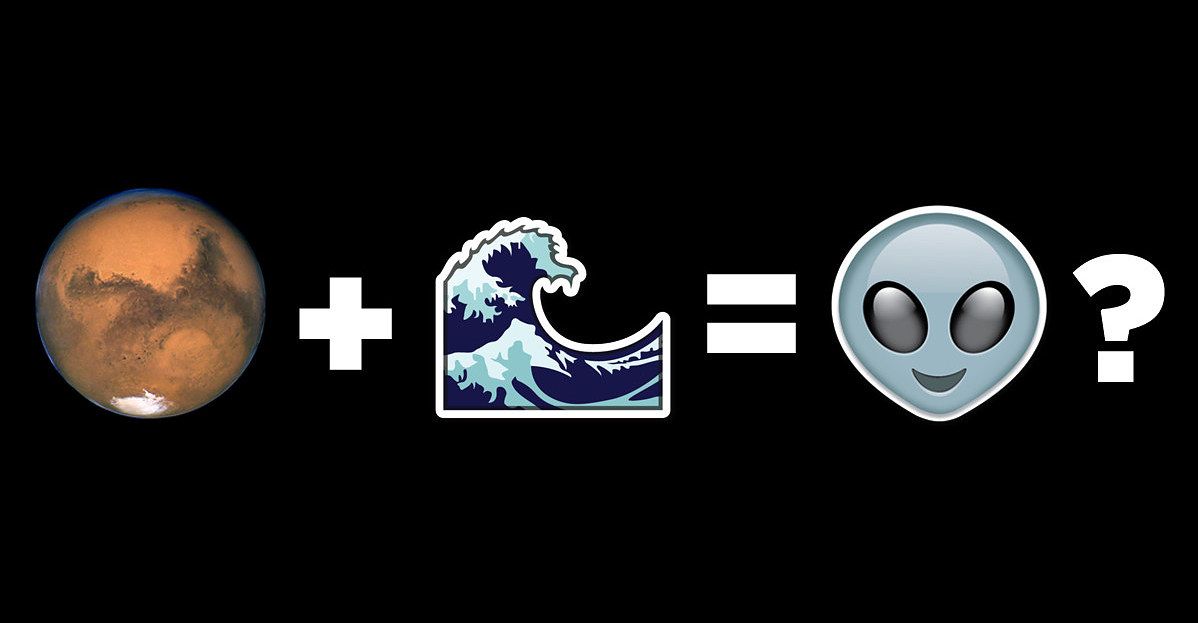Although it was made in 1968, to many people, the renegade HAL 9000 computer in the film 2001: A Space Odyssey still represents the potential danger of real-life artificial intelligence. However, according to Mathematician, Computer Visionary and Author Dr. John MacCormick, the scenario of computers run amok depicted in the film – and in just about every other genre of science fiction – will never happen.
“Right from the start of computing, people realized these things were not just going to be crunching numbers, but could solve other types of problems,” MacCormick said during a recent interview with TechEmergence. “They quickly discovered computers couldn’t do things as easily as they thought.”
While MacCormick is quick to acknowledge modern advances in artificial intelligence, he’s also very conscious of its ongoing limitations, specifically replicating human vision. “The sub-field where we try to emulate the human visual system turned out to be one of the toughest nuts to crack in the whole field of AI,” he said. “Object recognition systems today are phenomenally good compared to what they were 20 years ago, but they’re still far, far inferior to the capabilities of a human.”
To compensate for its limitations, MacCormick notes that other technologies have been developed that, while they’re considered by many to be artificially intelligent, don’t rely on AI. As an example, he pointed to Google’s self-driving car. “If you look at the Google self-driving car, the AI vision systems are there, but they don’t rely on them,” MacCormick said. “In terms of recognizing lane markings on the road or obstructions, they’re going to rely on other sensors that are more reliable, such as GPS, to get an exact location.”
Continue reading “Artificial Intelligence Must Answer to Its Creators” »
















